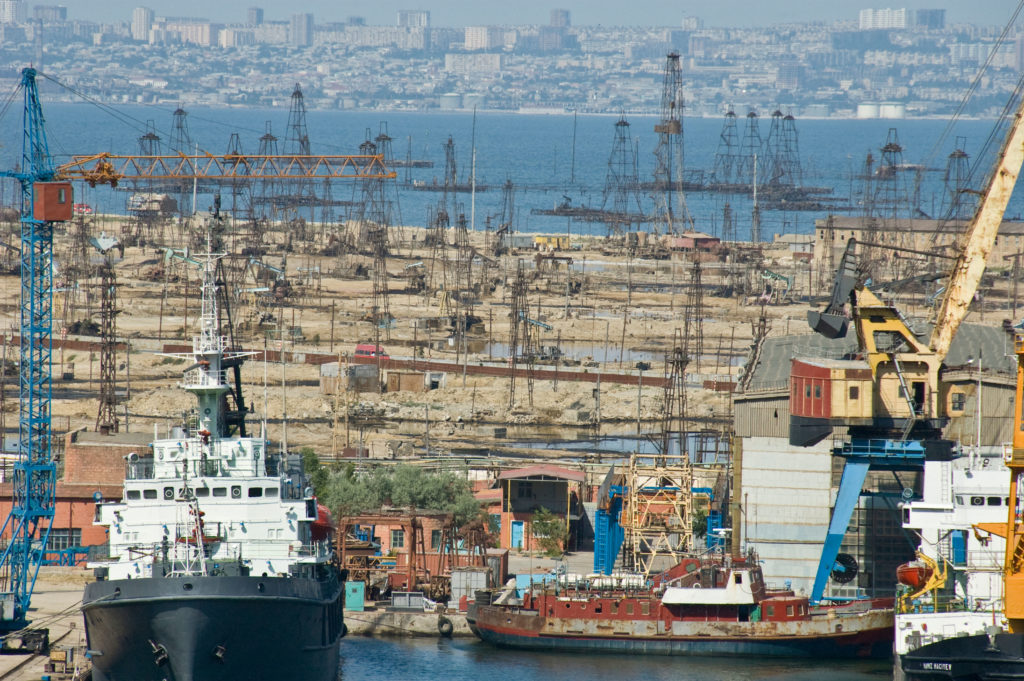BAKU
Azerbaijan’s state energy firm SOCAR plans a shutdown of its main refinery and its facilities in March for almost two-months-long maintenance and modernisation. Some petrochemical facilities will also halt operations as their work depends on the refinery’s production.
Crude is processed at the Baku Oil Refinery, which produces 15 different petroleum products, including gasoline, aviation kerosene, diesel fuel, naphta, petroleum coke, and others. The sole refinery in the oil-rich country meets the nation’s entire demand for petroleum products and exports 45 percent of its petroleum products.
“The shutdown of the refinery will take place from March 21 for 50 days,” an informed source from SOCAR, who did not want to be named, told the Tribune.
“It is planned to inspect the main plant installations, modernise and repair them,” he said.
The refinery produced 1.26 million tonnes of motor gasoline in 2021, a 7.9 percent rise year-on-year, 400,700 tonnes of naphtha, an increase of 67.2 percent, 2.4 million tonnes of diesel fuel, an increase of 16.2 percent, 105,000 tonnes of fuel oil, an increase of 70.5 percent, 49,100 tonnes of lubricating oils, an increase of 39.1 percent, 255,300 tonnes of petroleum coke, an increase of 29.7 percent, 362,200 tonnes of petroleum bitumen, a decline of 3.4 percent and490,100 tonnes of jet fuel, a decline of 2.4 percent.
SOCAR will spend 214 million manats (about $126 million) for the modernisation of the main refinery and its facilities.
The SOCAR source said that it was expected to start producing diesel fuel of Euro-5 standard in the second half of this year, while the Euro-5 gasoline was expected to be produced in 2023.
The complete reconstruction and modernisation of the refinery in Baku will be completed in 2024-2025 and its total cost is estimated at over $2 billion.
After completion of the modernisation, the plant will produce 2.2 million tonnes of motor gasoline per year, 2.9 million tonnes of diesel fuel, 1 million tonnes of jet fuel and 390,000 tonnes of petrochemical products. The products are supposed to be consumed domestically and exported.
Azerbaijan plans to sign contracts with companies from the Russian Federation, Romania, Turkmenistan to compensate for a shortage of oil products during the maintenance period. The government has abolished custom duties for imported gasoline from February 1 till June 1 this year.

